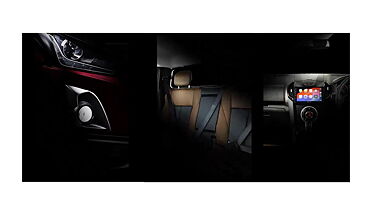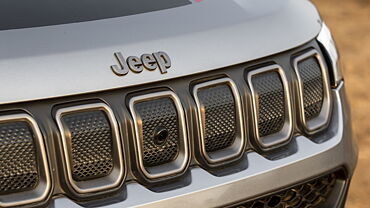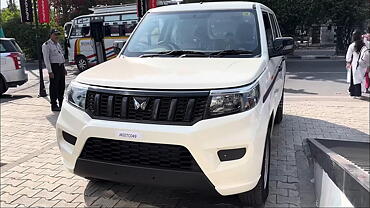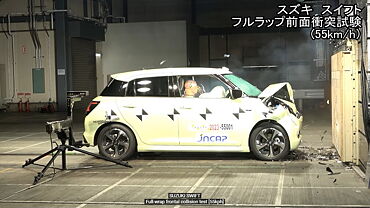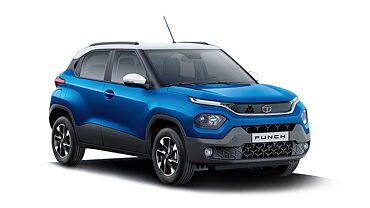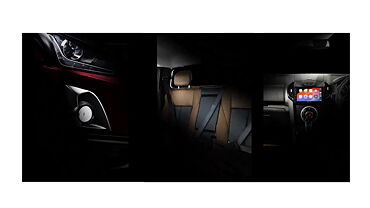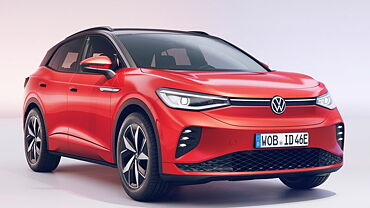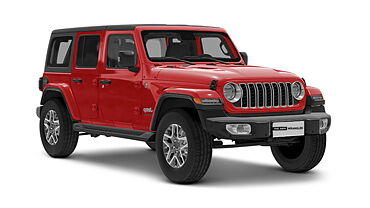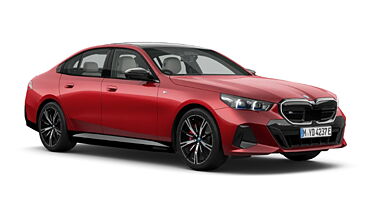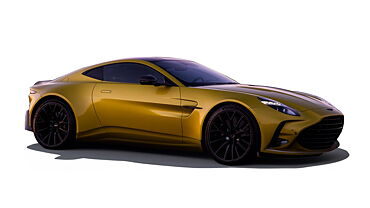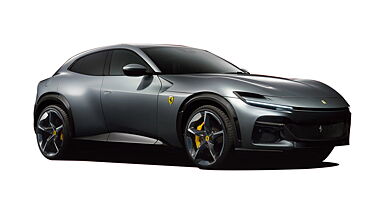India's largest car maker in terms of sales, Maruti Suzuki India Limited (MSIL), is targeting an increment in its exports to Africa and South-East Asia to employ its petrol-run car production capacity. The move is also aimed at reducing the impact of hiked import duties followed by a decline in the value of the Indian rupee. The Indian subsidiary of Japan based Suzuki Motor Corporation, is considering exporting the petrol-run cars overseas in wake of the fact that on domestic turf the inclination has shifted towards diesel cars. The subsidised fuel is a lot cheaper than petrol in the country.
According to the Executive Officer, Product Planning and International Markets, MSIL, Shashank Srivastava, the car maker will expand its portfolio in the countries where it already ships and consider new markets. Chief Financial Officer (CFO), MSIL, Ajay Seth, said, “Markets such as Africa are seeing high growth and demand for our cars. Most of the markets we are looking to export to are mainly petrol markets.”
At present, Maruti Suzuki produces 1.25 million cars every year. During the last fiscal, the sales volume of the company stood at 1.13 million units. According to Seth, the car maker is planning to utilise 70 per cent of its petrol car capacity, which is 8,80,000 units every year. The demand for diesel cars is much higher than that for the petrol cars with 39 per cent of Maruti Suzuki's total sale of 96,597 units in June, 2012 being accounted to the former.
Seth said, “Maruti’s costs for importing components have more than doubled in the past few years because of the weakening of the rupee.” Out of the total sales for MSIL, exports amount to 8 per cent, at the same time 21 per cent is invested in imports like electrical components and diesel powertrain parts.
As per Umesh Karne, Analyst, Brics Securities Limited, the increase in exports will help the leading car maker in increasing its profit margin by means of economies of scales. If the company manages to export around 18,000-20,000 cars on a monthly basis, Maruti Suzuki will be able to counter the tough yen and dollar in a better manner and increase its earnings.
According to Society of Indian Automobile Manufacturers (SIAM), the Indian arm of the Hyundai Motor Company exported 2,37,535 units in the last fiscal, which translates into 38 per cent of the company's local capacity. Compared to this, Maruti Suzuki and Nissan Motor Company shipped 1,27,372 and 1,00,909 units respectively to overseas.
The leading car manufacturer witnessed a decline of 4.75 per cent in its net income margin in the last financial year from 6.47 per cent a year ago. The company has been expanding its portfolio in the emerging automotive markets of Indonesia and Algeria among others. According to Srivastava, “These are markets that are developing and the customer preference for cars is similar. They want low-end, reliable and fuel efficient cars.”
Algeria received the DZire sedan from the car maker in June, 2012. MSIL already exports Maruti 800 and Alto Hatchbacks to the nation. And the company ships Completely Knocked Down (CKD) kits to Indonesia, where they are then assembled locally. The exports' contribution to the company's overall sales dipped down to 9 per cent in the 2011 fiscal from 15 per cent in the previous financial year.



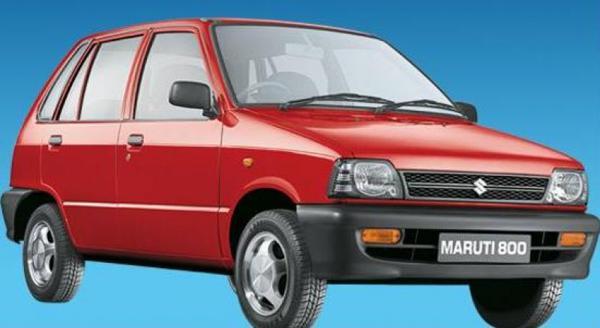
![Maruti Suzuki 800 [2008-2014] Maruti Suzuki 800 [2008-2014]](https://imgd-ct.aeplcdn.com/160x89/cw/cars/discontinued/maruti-suzuki/800-2008-2014.jpg?q=80)
